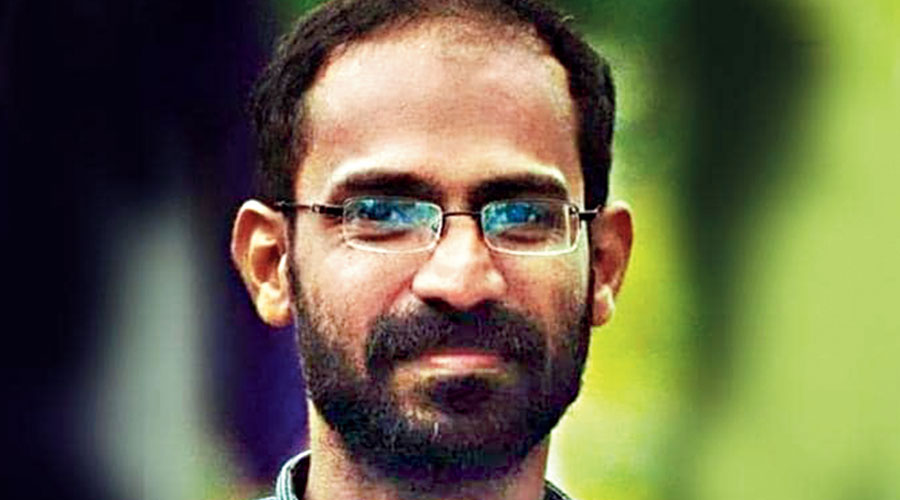Bail has become increasingly elusive. If the number of undertrial prisoners were not enough to make the point, the recent grants of bail by the Supreme Court to three people underlined its rarity. Of the three, the journalist, Siddique Kappan, arrested in 2020 while travelling to Hathras to report on the gang rape and murder of a Dalit girl, had the longest stay in prison— 700 days — with his petition for bail having been turned down by the Allahabad High Court. Although the Supreme Court imposed conditions on Mr Kappan’s freedom, as was also the case with Teesta Setalvad’s bail, the three-judge bench reportedly reiterated certain rights. The law could not penalise freedom of expression: Mr Kappan had every right to say that the Hathras girl needed justice. Protests of his kind could not be penalised either. By trying to ‘raise a common voice’,Mr Kappan had not committed a crime. The Supreme Court also pointed to the positive role of protests by alluding to those after the 2012 Delhi gang rape. They resulted in changes in the law regarding sexual crimes.
That allusion was a reminder of the State’s role; it is expected to be sensitive and flexible enough to assess the value of protests and respond accordingly.Things are different now. So the Supreme Court’s statements during its grant of bail to the Alt-News co-founder, Mohammad Zubair, incarcerated recently for a 2018 tweet, were like messages. The court reportedly refused to forbid Mr Zubair from tweeting: this, too, would violate freedom of expression. It warned against overusing the power of arrest, and condemned the practice of multiplying cases against the accused to keep them behind bars. The bail given to Ms Setalvad, Mr Kappan and Mr Zubair set an example, but the reluctance of other courts in this regard indicates a systemic problem that the Supreme Court’s emphasis on bail being the rule and jail the exception has not corrected yet. The Supreme Court commented on the length of time Mr Kappan had been imprisoned; is bail becoming rarer for a particular type of prisoner? Those arrested in the Elgar Parishad case, for example? But over all this is the general miserliness about bail. That is what must change, otherwise the recent grants of bail will remain just examples.











